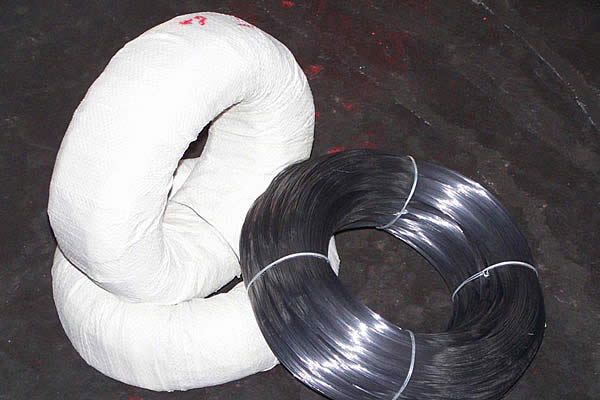 TEL:
+86-13102802206
TEL:
+86-13102802206
 Email:
fencenetting@china.com
Email:
fencenetting@china.com
 Language
Language
 TEL:
+86-13102802206
TEL:
+86-13102802206
 Email:
fencenetting@china.com
Email:
fencenetting@china.com
 Language
Language


The Versatility and Applications of 316 SS Mesh
When discussing the realm of stainless steel products, 316 stainless steel (SS) mesh stands out for its remarkable properties and diverse applications. This material is favored across various industries due to its superior resistance to corrosion, robust strength, and adaptability. This article explores the characteristics of 316 SS mesh, its applications, and why it is an essential material in modern manufacturing and industrial processes.
Characteristics of 316 SS Mesh
316 stainless steel is an austenitic stainless steel that contains molybdenum, which significantly enhances its corrosion resistance compared to other stainless steels, such as 304 stainless steel. This makes 316 SS mesh particularly suitable for environments exposed to chlorides and other harsh chemicals. Its chemical composition typically includes
- Chromium Improves corrosion resistance and enhances the overall durability. - Nickel Provides additional resistance to corrosion and enhances oxidation resistance. - Molybdenum Further increases resistance to pitting and crevice corrosion, especially in high-chloride environments.
The mesh itself is produced in various configurations, such as woven, welded, or perforated. The wire gauge and mesh opening sizes can be tailored according to specific requirements, making it very versatile for numerous applications.
Applications of 316 SS Mesh
1. Food and Beverage Industry Due to its non-reactive nature and resistance to staining, 316 SS mesh is commonly used in food processing and packaging. It can be found in conveyor systems, filtration applications, and protective screens that ensure high hygiene standards.
2. Chemical Processing The superior corrosion resistance of 316 SS makes it ideal for handling and processing chemicals. In chemical plants, 316 SS mesh is used in filtration systems, screens, and containment for various chemicals, including acids and solvents.

3. Marine Applications With its excellent performance in salty environments, 316 SS mesh is popular in marine applications. It is used in boat building, aquatic structures, and marine hardware to prevent rust and corrosion from seawater.
4. Architectural Use Aesthetically, 316 SS mesh is an attractive choice for architectural applications. It can be employed in façades, railing systems, and decorative elements, providing both safety and beauty while withstanding the elements.
5. Mining and Mineral Processing In the mining sector, 316 SS mesh is essential for particle separation and filtering in mineral processing operations. Its strength and durability ensure a long lifecycle even in the harshest conditions.
6. Pharmaceuticals In the pharmaceutical industry, where cleanliness and precision are paramount, 316 SS mesh is used in various filtration and separation processes. Its non-reactive properties help ensure that products remain uncontaminated.
Advantages of Using 316 SS Mesh
The choice of 316 SS mesh over other materials comes with numerous advantages
- Durability The high strength-to-weight ratio of 316 SS mesh ensures that it can withstand heavy loads and pressure, making it ideal for demanding applications. - Corrosion Resistance Its ability to resist rust and corrosion in extreme conditions adds to its longevity and reliability. - Hygienic The smooth surface of 316 SS mesh minimizes the adherence of contaminants, making it easy to clean and maintain hygienic standards. - Versatility With multiple configurations available, it can be custom-designed to meet specific requirements for varying applications.
Conclusion
316 SS mesh is undoubtedly one of the most versatile materials used across multiple industries today. Its exceptional corrosion resistance, durability, and diverse applications make it a preferred choice for engineers, manufacturers, and architects alike. Whether utilized in the food and beverage industry, chemical processing, marine environments, or architectural design, 316 SS mesh continues to demonstrate its critical role in enhancing operational efficiency and safety. As industries evolve and face new challenges, the demand for high-quality materials like 316 stainless steel mesh will remain a cornerstone of modern manufacturing and design processes.